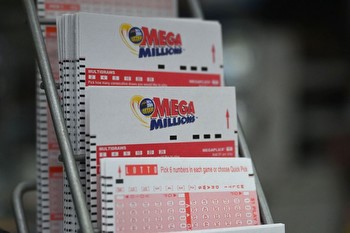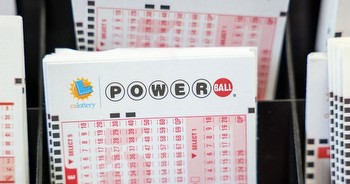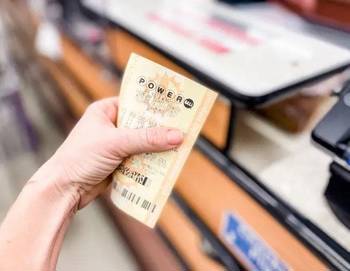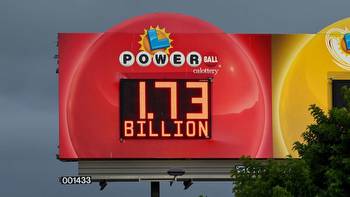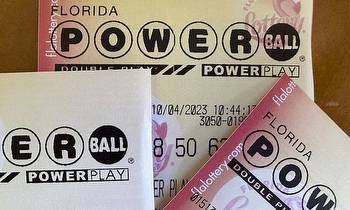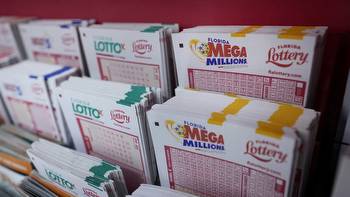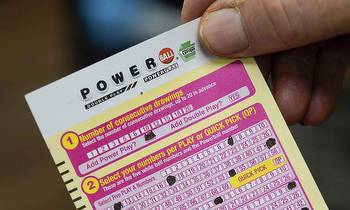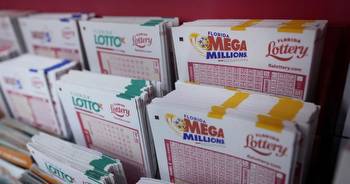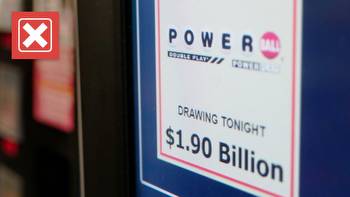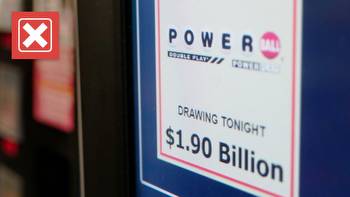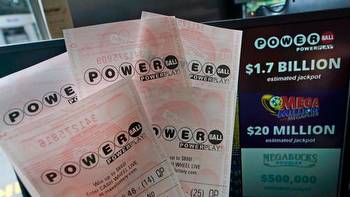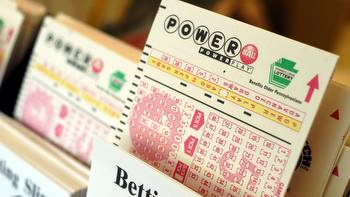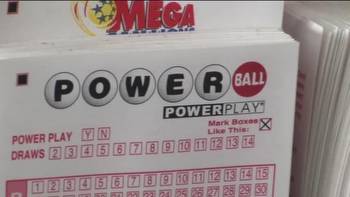How much does Powerball jackpot winner get after taxes?

Whoever purchased the sole ticket that won the Powerball jackpot will have a major tax bill ahead of them.
WASHINGTON — The winner who beat the lottery's astronomical odds for Wednesday's $1.765 billion Powerball jackpot has a hefty tax bill waiting for them.
That's because lottery winnings are treated as income by the federal government and most states, so the jackpots are subject to state and federal income taxes. However, there are 13 states that do not collect taxes on residents' lottery winnings.
So with one winning ticket sold for Wednesday's $1.765 billion Powerball jackpot, how much will they actually get?
When a grand prize winner comes forward, they must first decide whether they want to receive their winnings in a 30-year annuity, or receive their winnings in a lump sum of cash. If they pick the annuity, they will eventually receive the entire advertised jackpot over the span of three decades.
Whether or not that winner can stay anonymous is a whole different matter, which depends on where they live. In this case, California law requires the jackpot winner's name to be released when they come forward to claim their prize, but they can choose to keep other details private.
Most jackpot winners go with the lump sum, which means they get the “cash value” of that jackpot. For Wednesday's Powerball jackpot, the cash value was announced at the drawing time as about $774.1 million. According to the lottery, final ticket sales pushed the jackpot beyond its initial estimate of $1.73 billion.
Right away, 24% of that cash value is withheld for federal taxes and goes to the IRS, TurboTax explains.
So in this scenario where just one person won the Powerball and selects that cash option, around $185.78 million of Wednesday's estimated prize would be withheld, dropping it to $588.4 million.
But even then you're not off the hook quite yet.
Because the federal government counts lottery winnings as income, getting such a large jackpot would likely move the winner into a higher tax bracket, in which their income is taxed at 37%. So when the winner next files their taxes, they’ll likely have to give the IRS another 13% of that prize.
In most states, the tax is taken from the prize money before it’s ever given to the winner. Details on when and how much the winner pays differ by state. Then there are 13 states that don’t tax a person’s lottery winnings, according to the Tax Foundation and USA Mega, an online multi-state lottery resource unaffiliated with the lotteries themselves. Those states are: Alabama, Alaska, California, Florida, Hawaii, Nevada, New Hampshire, South Dakota, Tennessee, Texas, Utah, Washington and Wyoming.
According to estimates from USA Mega, if the winner of the $1.765 billion jackpot would take the lump sum option they'd earn $487,720,045 because the ticket was sold in California, one of the states that doesn't tax winnings
But for example, if that ticket would've been sold in New York, which has the highest state tax withholding at 8.82%, the net payout would've dropped to $403,343,145, according to USA Mega estimates.











